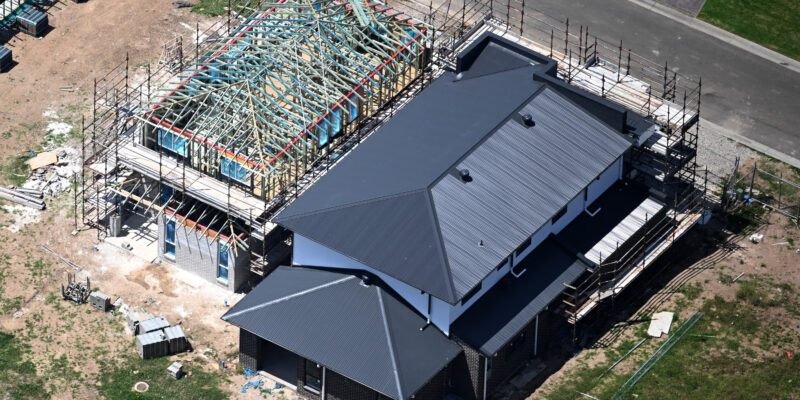Housing approval plan risks environment, corruption
Attempts to speed up housing approvals will come under scrutiny with calls for greater oversight and the exclusion of mines and renewable projects.

PROPOSED changes to speed up housing approvals in Australia’s most expensive property market also pose environmental and corruption risks and will come under further scrutiny.
The reform of a “confused” planning system – focused on getting more homes built – will be debated and likely amended in NSW parliament on Wednesday.
While changes are ostensibly focused on housing, green groups are concerned mining applications could be fast-tracked while farmers have similar concerns over renewable energy projects, causing angst in the regions.
Opposition Leader Mark Speakman has flagged multiple amendments, including reviews and other oversight of the Housing Delivery Authority, a recently created, minister-controlled panel that can bypass council approvals.
The coalition also wants mines, waste incinerators, transmission lines and wind and solar farms excluded from the planned targeted assessment pathway.
“Our amendments are practical, responsible and aimed at cutting red tape while keeping government accountable,” Mr Speakman said on Wednesday.
Nationals leader Dugald Saunders said the government needed to provide clearer assurances over non-housing approvals.
“There are ongoing issues and angst across regional NSW caused by the proliferation of renewables and the cumulative impact the botched rollout is having on our communities,” he said.
The coalition seeks to keep district and regional planning panels, which the planning minister warns take 100 days longer on average than local planning panels.
“We need to make sure these new homes are well designed and well built, and we need to approve them and build them as quickly as possible,” Planning Minister Paul Scully told parliament in September.
Multiple amendments in the decades since the planning laws were introduced have led to a complex and unwieldy system that “obsesses over relatively minor matters,” he said.
The government’s bill formalises the Housing Delivery Authority in legislation, creates a new authority to centralise decisions across government agencies, and allows minor variations without a full development application.
But a briefing note from the Environmental Defenders Office warns the significant changes risk increasing environmental and community impacts and stoking corruption.
“When changes like this are conceived in a rush and pursued without broad consultation, there are likely to be unintended consequences,” the legal non-profit said.
Greens MP Sue Higginson said the bill should be subjected to a parliamentary inquiry and formal advice from the Independent Commission Against Corruption.
The corruption watchdog has produced more than 30 reports exposing likely and actual corrupt conduct involving the planning system since its creation in 1989.
Ms Higginson warned environmental protections would be wound back while ministers and bureaucracy would be handed extraordinary power with no independent oversight.
“That is exactly the kind of structure that has enabled corruption in NSW planning before, and it is happening again,” she said.






